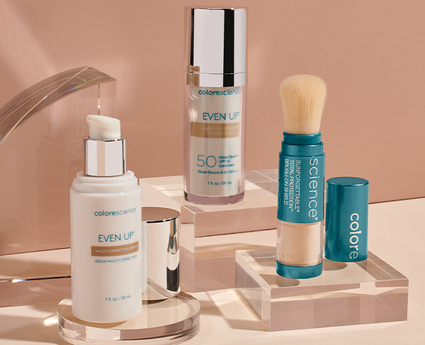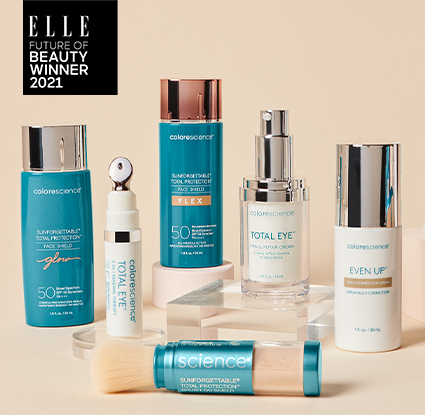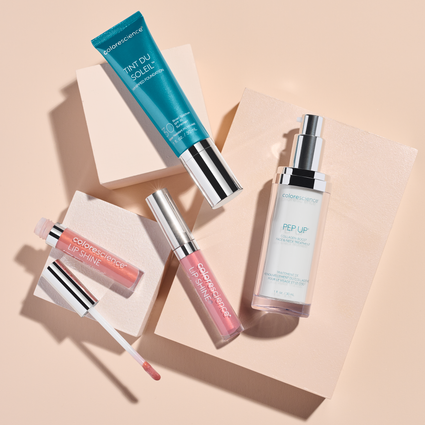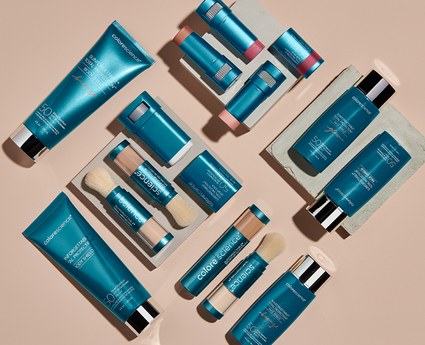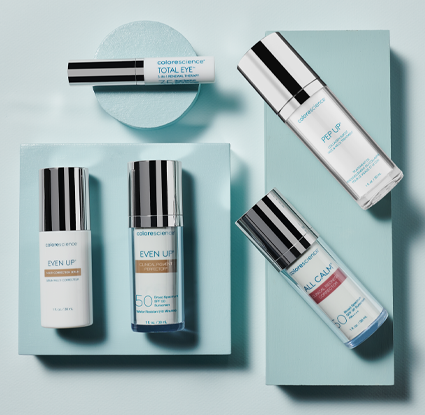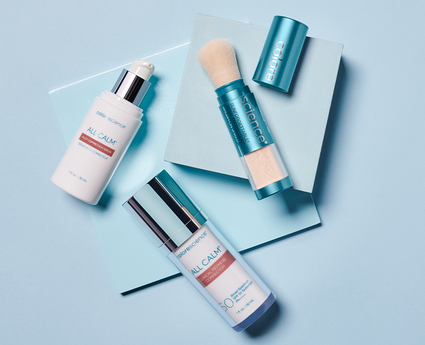Chemical Sunscreens Making Major News Headlines Again- How to Identify Sunscreens with Safe Ingredients
In the 1970’s and 1980’s, sunscreen use was mostly limited to beach vacations and outdoor sporting events, but concerns about sun protection and the rising rates of skin cancer have changed since then. Now, sunscreen is recommended daily by skincare experts, and the more frequent usage and manufacturers trying to achieve higher and higher SPFs has led to concerns about the safety of the ingredients. Chemical sunscreens penetrate the skin and absorb UV radiation through their chemical bonds. Mineral sunscreens work by sitting on top of the skin to deflect the sun’s rays.
Because of this, the FDA has recently taken a closer look at sunscreen active ingredients to determine their level of safety to humans. Their recent findings published in January 2020 showed that six chemicals commonly used as active ingredients in sunscreens are systemically absorbed into the bloodstream. The only two active ingredients categorized as GRASE- Generally Recognized as Safe and Effective by the FDA for use in sunscreens are the minerals – Titanium Dioxide and Zinc Oxide.
SO WHY DON’T ALL MANUFACTURERS JUST MAKE MINERAL SUNSCREENS?
Historically, mineral-only sunscreens have been chalky, white, and too thick to apply evenly. It is actually a difficult process to get mineral formulas just right- where it applies smoothly and evenly, feels comfortable on the skin, and protects effectively- so manufacturers turned to using chemicals, and chemical formulas were popularized.
HOW TO TELL IF YOUR SUNSCREEN IS A FULLY MINERAL ACTIVE FORMULA
Consumers are encouraged to seek out fully-mineral formulas by looking carefully at sunscreen bottles where “Active Ingredients” are listed, to see if anything other than Titanium Dioxide and/or Zinc Oxide is listed there. If these, and only these, ingredients are listed under “Active Ingredients” then it can be considered a “fully physical” or “fully mineral” formula.
“Mineral sunscreens are great for sensitive skin, as well as eczema prone and acne prone skin, because I find that they don't irritate the skin as easily as chemical sunscreens do. I prefer to recommend mineral sunscreens to my patients who are looking for the safest option.” – Dr. Christopher Ha, MD, FAAD, Board Certified Dermatologist and founder of Roseville Dermatology.
All Colorescience® Total Protection™ formulas have always been fully mineral- they apply weightlessly to the skin, and blend in quickly without leaving a white cast. Even better, all Total Protection™ products contain Enviroscreen™ Technology that ensures that not only are you protected from the sun’s rays, but also from pollution, blue light (HEV) and infrared- all of which can lead to premature aging, skin damage, and skin cancer.

